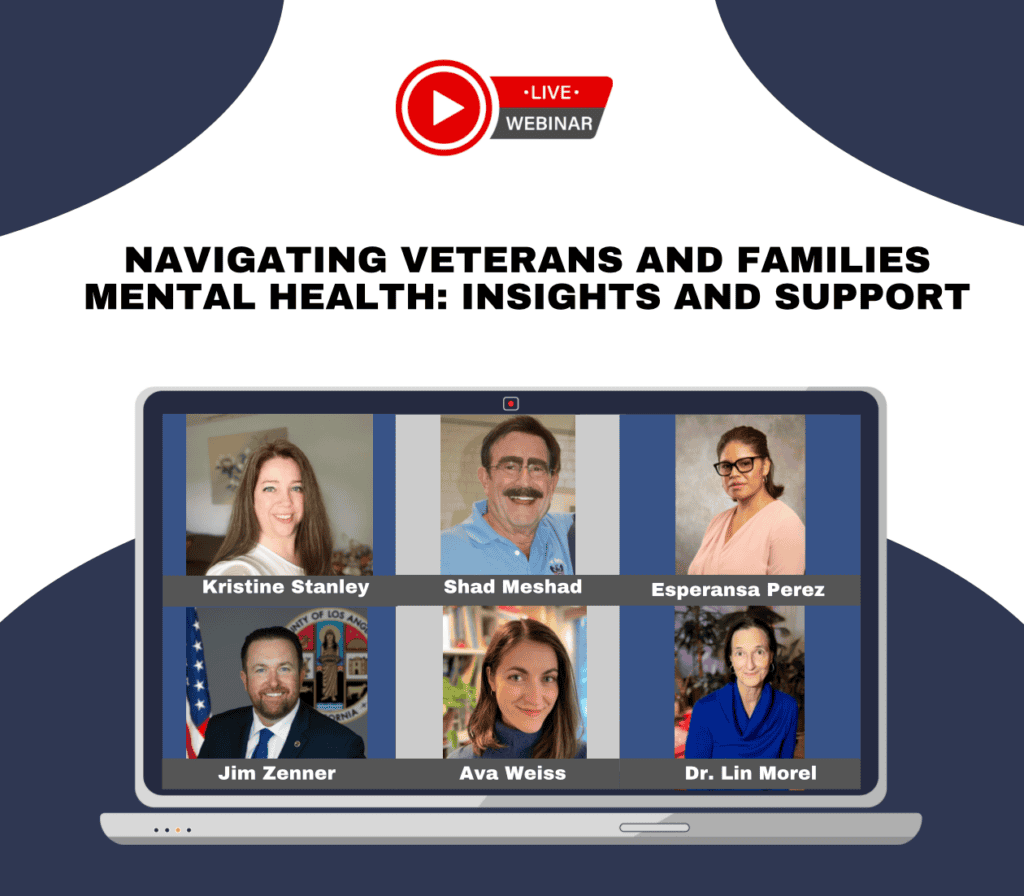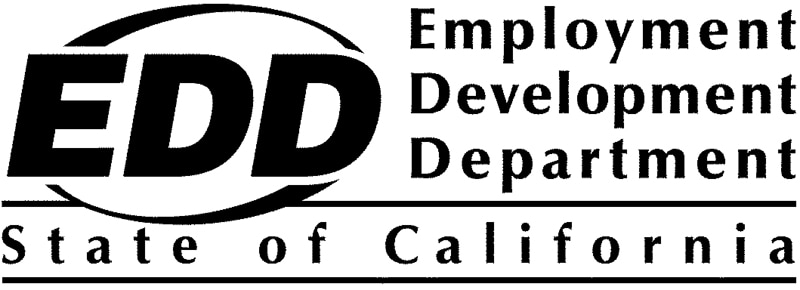Backlog at the VA with a New Wrinkle: Diagnostic Test Cancellations
 I hardly know where to begin. USA Today published this story on October 1st. A radiology technician at the VA Hospital in Iowa City noticed anomalies. A patient arrived for a test, but the doctor’s order for the test had been cancelled. He began seeing cancellations for other tests—CT scans, MRIs and ultrasounds. None had been cancelled by physicians.
I hardly know where to begin. USA Today published this story on October 1st. A radiology technician at the VA Hospital in Iowa City noticed anomalies. A patient arrived for a test, but the doctor’s order for the test had been cancelled. He began seeing cancellations for other tests—CT scans, MRIs and ultrasounds. None had been cancelled by physicians.
Some of the cancellations were outdated or duplicate requests. But in a rush to clear the backlog, it seems that some follow up tests were also cancelled. These tests were for future dates. I don’t have to tell you how critical these are, especially if a developing condition is being monitored. In all, the housecleaning to clear the backlog resulted in the cancellation of more than 250,000 tests since 2016. Nine VA hospitals are being audited for mass cancellations: Tampa and Bay Pines, Florida; Salisbury, North Carolina; Cleveland; Dallas; Denver; Las Vegas; and Los Angeles.
As you read the story, it gets woolier and woolier because the cancellations are a jumble of legitimate actions and unauthorized cancellations. I think the take away on this is familiar: where is the oversight and accountability within the VA? Case in point, the technician whom USA Today interviewed took his concerns to the Compliance Officer. That tech is now under “disciplinary proceedings.” Does that sound a little odd to you? Of little comfort is the VA’s statement that they welcome oversight.
I wonder who’s paying attention as the backlog builds up? Doesn’t it seem like someone would alert hospital administrators that a department was falling behind? Isn’t the best time to intervene and solve a problem before it grows to such a scale? And why does this keep happening? I know, that’s a lot of questions. What you’re hearing is the underlying frustration that we’re not living up to our commitment to our veterans. Venting that is the easiest part. What’s harder is pressing the VA for solutions, for more internal oversight and accountability.
 Not all VA hospitals have problems. There are dedicated physician and staff in every single facility, I have no doubt. Let’s bring the system up to their standard. How? By keeping our focus on our veterans’ needs and the treatment they receive. Make sure your local, state and federal representatives are aware of how you feel about this issue.
Not all VA hospitals have problems. There are dedicated physician and staff in every single facility, I have no doubt. Let’s bring the system up to their standard. How? By keeping our focus on our veterans’ needs and the treatment they receive. Make sure your local, state and federal representatives are aware of how you feel about this issue.
Our Lifeline for Vets, our crisis and information hotline, handles many calls about VA benefits, and we are often engaged helping a vet navigate the system. It takes time and determination, communication skills and not a small amount of patience. All of which our veteran counselors have. What we need is more hours of operation and more staff. We’re working to put that in place. Your support would help. Financial or otherwise.
If you know a veteran who needs help, here’s our number: 888.777.4443.
You can be a part of our mission to help Veterans by making a tax-deductible donation!
About the Author
SUBSCRIBE TO OUR BLOG AND NEWS!
By submitting this form, you are granting: NATIONAL VETERANS FOUNDATION INC permission to email you. You may unsubscribe via the link found at the bottom of every email. (See our Email Privacy Policy for details.)
Related Posts





